Life-Saving Steps in the Event of a Heart Attack
It has been reported in medical studies that 50% of all heart attacks occur to Indians who are below the age of 50 and 25% of all heart attacks occur to Indians who are below the age of 40. It has also been reported that the urban population is three times more susceptible than people living in villages. Giving these statistics it is prudent to know more about how to prevent heart attack from being fatal and what may come in handy in the event of a person getting a heart attack.
The tell-tale warning signs or symptoms of an impending heart attack are:
- Shortness of breath
- Chest pain that feels like pressure, squeezing or fullness
- Pain radiating to the shoulder, arms, neck, jaw, back and the stomach which be intermittent or last a few minutes
- Cold sweats
- Nausea or vomiting
- Lightheadedness, dizziness and/ or fainting
- Anxiety
- Feeling restless or panicky
- Unexplained fatigue, especially in women and the elderly
- Numbness, aching or tingling sensation, usually in the left arm, but may occur in the right arm too in some cases
- Breathlessness or wheezing or coughing
He are are some steps worth remembering:
- Call your emergency number: this is the first thing to do when a person around you is having a heart attack. This is a serious, life-threatening condition and a heart attack requires immediate attention.
- Get an aspirin: unless you or the person is allergic to aspirin or the doctor has forbidden it, an aspirin and a glass of water can prevent blood clots from happening and provide some relief.
- Tight clothing: make the person lie down and loosen any tight clothing
- Nitrogylcerine tablets: If the doctor has prescribed any heart medication like nitroglycerine, administer the medicine as directed by the doctor.
- CPR: If the person is unconscious, then it is necessary to perform a Cadiopulmonary Resuscitation (CPR) which is a basic first aid treatment.
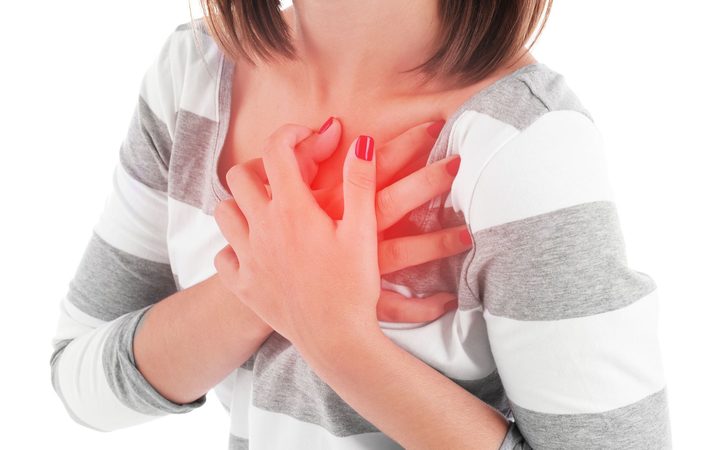
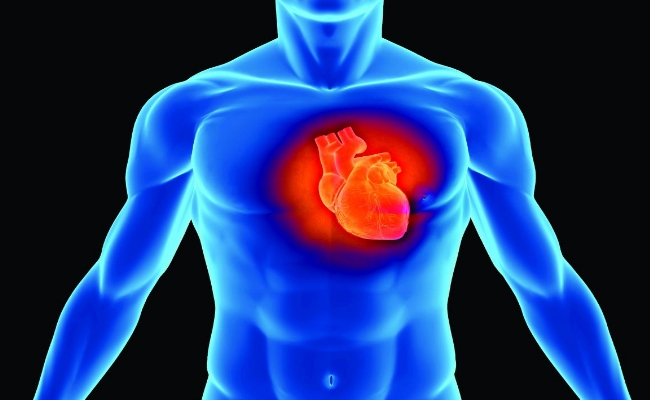
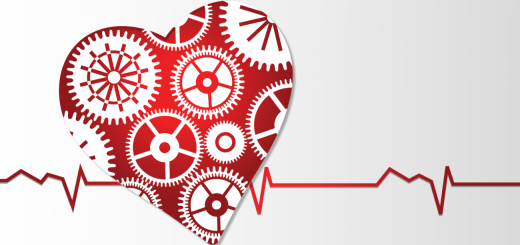
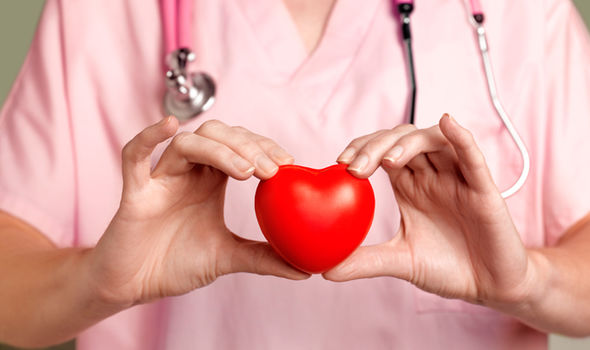
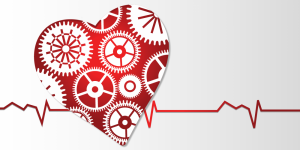
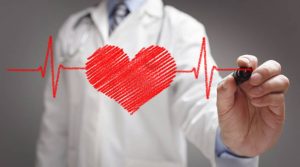
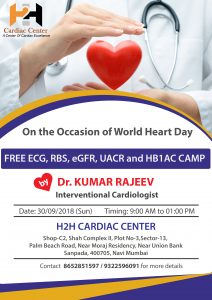
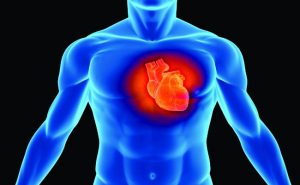
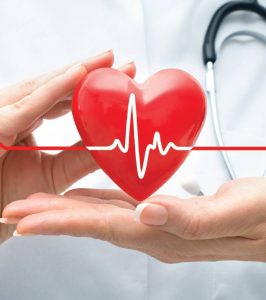

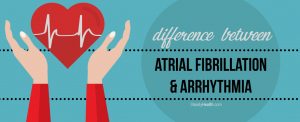
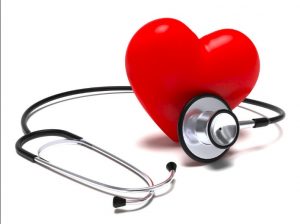
Recent Comments